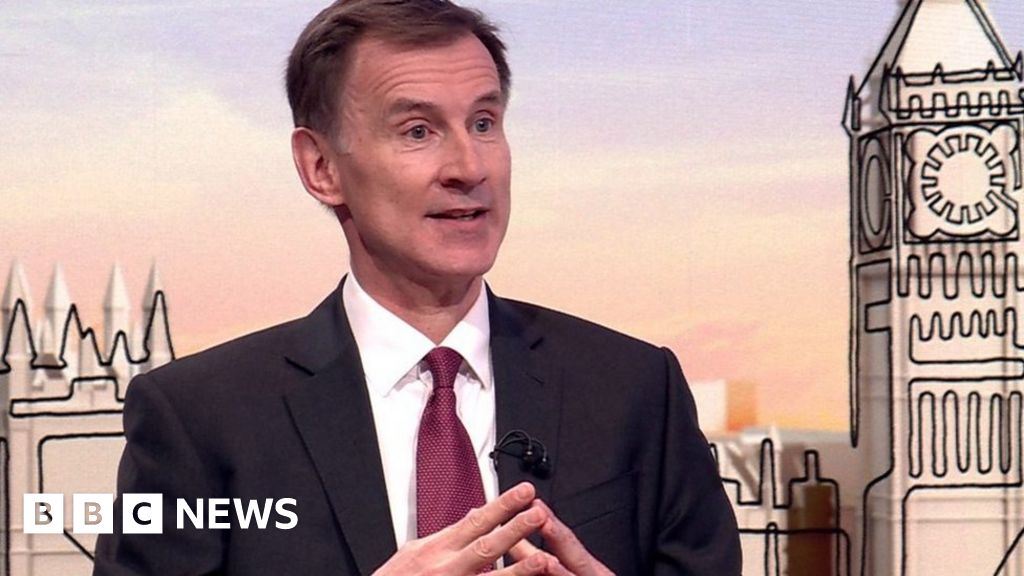Darrell
Hardcore MB Enthusiast
- Joined
- Dec 15, 2006
- Messages
- 12,247
- Car
- Gixxer 6, Citroen Berlingo, 911 C4S, Dacia Duster and lots of bicycles.
Sadiq Khan tries to reassure Londoners he WON'T toughen ULEZ
Sadiq Khan tries to reassure Londoners he WON'T toughen ULEZ
Sadiq Khan tries to reassure Londoners he WON'T toughen ULEZ


